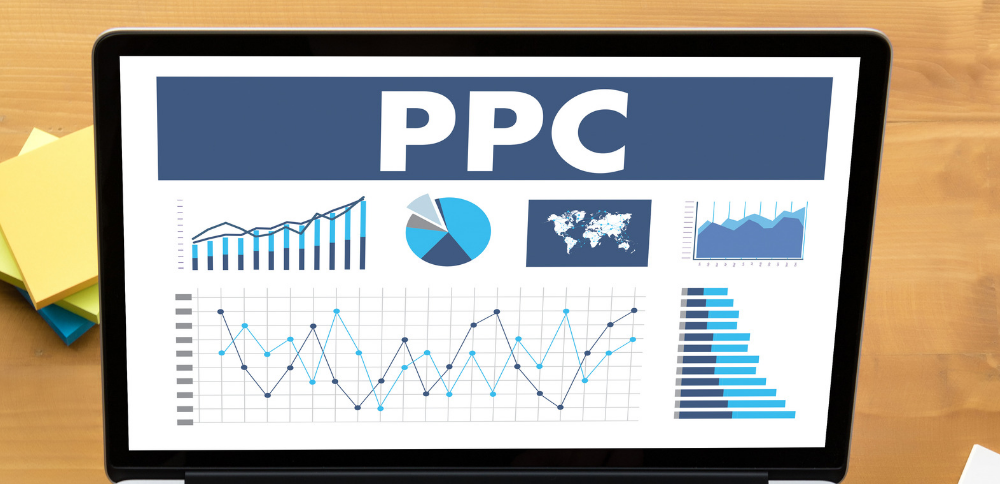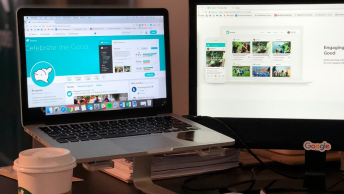Metrics are a bit of an obsession for businesses. As the saying goes, what can be measured can be managed. And it’s true. But, many people spend more time looking at the wrong metrics and not enough time looking at the right ones. For PPC campaigns, there are particular metrics that must be measured for success.
When executed and measured properly, PPC campaigns can result in more traffic, more leads, and more customers.
3 Reasons Metrics Matter for Successful PPC Campaigns
1. Establish A Benchmark
Establishing metrics allows you to evaluate where you are in relation to where you want to be.
It is better not to spend a penny on PPC ads until you have tracking on your sites and a few months of data.
Tracking also lets you ask yourself smart questions. If your site or a page got 50 conversions one month, 10 the second month, and 40 the third, you want to know what happened over that time frame so you can avoid the low month and push beyond the high month.
Establishing metrics and tracking performance lets you know what you’re doing right and what you’re doing wrong. They keep you honest.
If you have an agency, you can follow up with a client you’ve been working with and showing how their PPC campaigns are bringing in more profits thanks to your tweaks, but there’s also a certain pleasure in finding out what doesn’t work for a client.
You can show where a particular phrase isn’t performing as planned and make a better guess for next time.
2. Measure Success
Establishing proper metrics also allows you to measure success.
Your ultimate goal is for the PPC campaign to pay for itself and then some. There are only a few metrics that matter in the end to measure campaign success:
- How much did you spend?
- How many clicks did you get?
- How many conversions/sales did you get from those clicks?
- What was the time frame?
All else is details and diagnostics.
Measuring the Success of Landing Pages
Too many businesses get wrapped up in things like the number of visitors, bounce rate, and time per page. They have their place, but they’re not the core thing.
Unfortunately, there are bad PPC companies that do promote these kinds of metrics as a sort of vanity to try to prove they are doing something. It’s false proof.
Let’s take bounce rate, for instance. Bounce rate is the percentage of visitors who leave your website after viewing just one page. Uninterested visitors are thought to leave your site and interested visitors tend to go to more than one page within a website.
But for a landing page, bounce rate is a very misleading statistic. Consider these scenarios:
- Your landing page links to the rest of your site. Instead of doing the conversion action, they wander off. Low bounce rate, but no conversion.
- The page that your conversion click leads to is on a different domain. High bounce rate, but got the conversion.
Bounce rate has its uses, but it’s not a good statistic to measure PPC performance. Stick with the metrics that matter.
SEE ALSO: How to Measure your Digital Branding Efforts
3. Improve Campaigns
By using metrics to evaluate the success of campaigns, you can use the insights from the data to improve your campaigns.
One of the best things about PPC ads is that you can halt the campaign, change things, then re-run it. You can’t do that with traditional advertising. This lets you iterate your campaigns quickly.
In a traditional campaign, you’d let your ad run for a month or a quarter and then measure the results. Instead, you can look at the results for every $1000 spent or every 100 clicks, depending on the campaign, it is better to be done in a week or less.
Once the time is up, the campaign is halted and the results are then compared to the tracked baseline.
- Was it better or worse according to the core metrics?
- If it was better, find out why it was better, then continue improving.
- If it was worse, why was it?
After the analysis, make changes, relaunch the ad, then stop it at the next 100 clicks/$1000 in ad spend.
By completing fast iterations like this, you save your customers money and you get vital data necessary to create a high-performing ad.
By sticking to these principles, you can create PPC ads and successfully measure and improve performance in relation to goals.
What metrics do you use to evaluate the success of your PPC campaigns? Let me know below.











